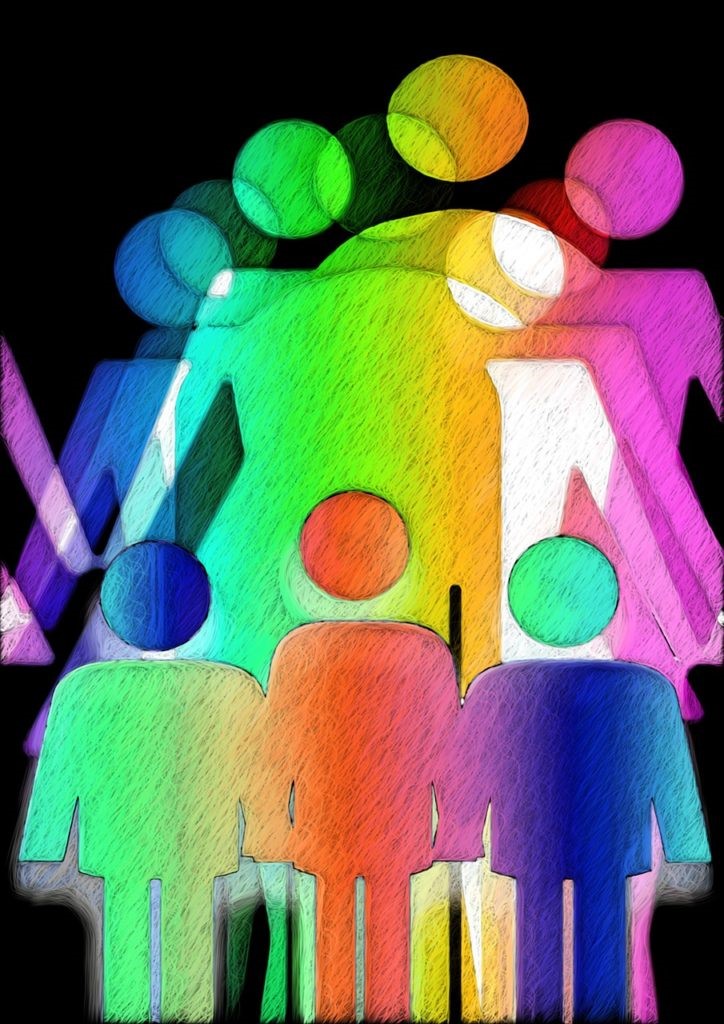Rev José Mario O Mandía
jmom.honlam.org
As we have already said, it is part of man’s nature to associate with others. This can take many forms, two of which are necessary to man: the family and the nation.
The family is the first and most basic human institution. It is where the person is born and educated and matures. However, the family cannot stand by itself. It needs the nation to support and defend its rights. There are also other societies which man can form in the educational, professional, political, cultural, religious, economic fields, all of which contribute to the development of each person.
What important ideas or principles do we need to know and remember about society? There are four of them, which can be applied in diverse ways to the different levels of society: (1) the dignity of each human person, (2) the common good, (3) the principle of subsidiarity and (4) the principle of solidarity.
The first principle is human dignity. We have discussed this earlier (see Bite-Size Philosophy 54). Every human being, whatever be his or her condition, deserves the respect of society.
From the first principle follows a second one: that of the common good. If every person deserves respect, conditions have to be created in society that allows each one to develop his potential to its fullest. This is what common good means.
Peter Drucker made the following observation about the importance of the common good: “This is not the first pluralist society in history. But all other earlier pluralistic societies destroyed themselves because no one took care of the common good. They abounded in communities but could not sustain community, let alone create it. If our modern pluralistic society is to escape the same fate, the leaders of all institutions will have to learn to be leaders beyond the walls.” (Peter Drucker, “The New Pluralism,” Leader to Leader, No. 14 Fall 1999. I owe this phrase to the Macau Ricci Institute, who used the quote in its latest call for papers.)
What elements are needed to attain the common good?
The first one has already been mentioned: respect for the dignity of each person. A person cannot develop if he is not respected and if he is not provided with his basic needs. This applies in the family as well as society at large.
Secondly, “the common good requires the social well-being and development of the group itself” (CCC 1908). This development does not only apply to the material aspects (food, clothing, shelter, health, employment) but also to the spiritual ones (education, culture, religion).
Lastly, peace, “stability and security of a just order” (CCC 1909) are also needed.
From what we have said above, we can see that the common good calls for an authority to direct the efforts of the community and its members. A symphony orchestra may have the best instruments and the best musicians, but it will still need a conductor in order to perform. At all levels, whether it be the family or civil society or religious group, an authority is needed. Authority is needed not for its own sake, but for the sake of the common good. If the authority were not to work for the common good, it would have lost its right and duty to govern.
How about subsidiarity and solidarity? We will tackle that next time.


 Follow
Follow


